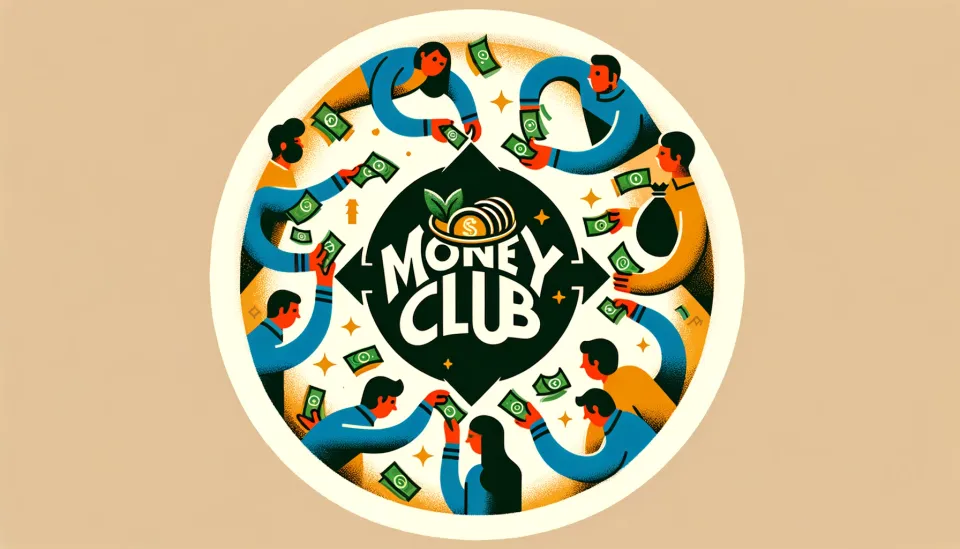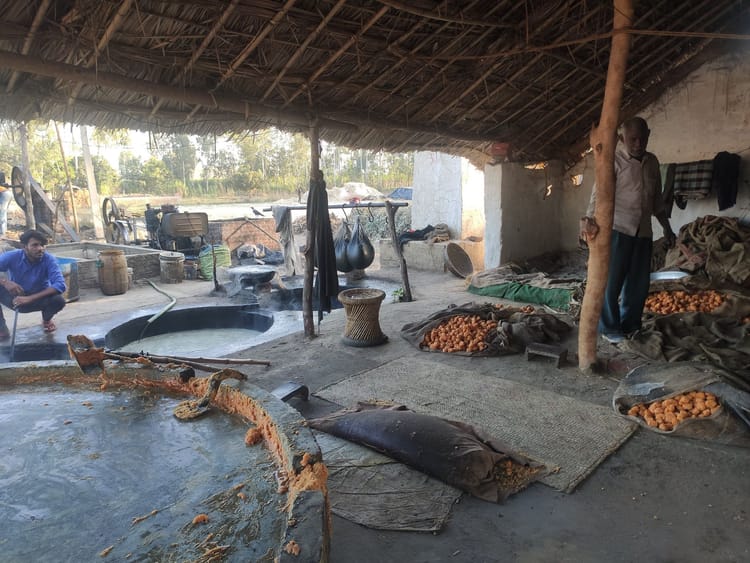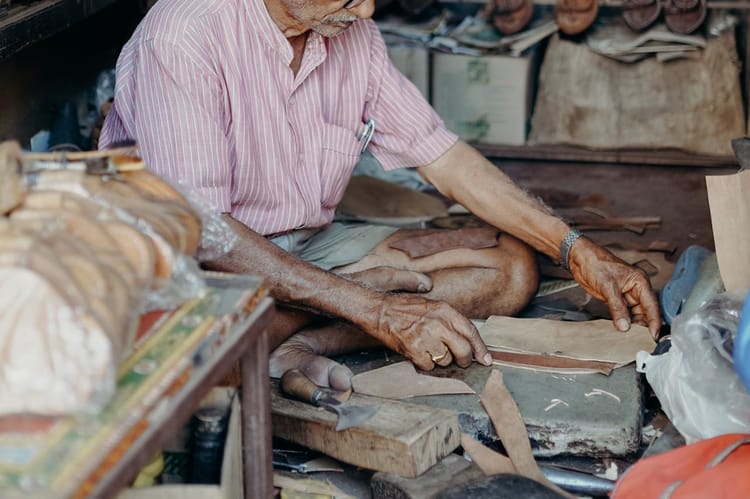Money Club: Online Chit Fund

Introduction:
- Money clubs, an informal financial system where groups of people pool and rotate funds among members, are a time-tested mechanism for savings and credit. These clubs, known by various names globally—such as Roscas, Chit Funds, and Committees—serve as a vital financial tool, particularly in communities where access to formal banking services is limited. This article delves into the dynamics, benefits, and operational structures of these money clubs, shedding light on their significance in fostering financial inclusion and economic stability.
Understanding Money Clubs:
- Money clubs are collaborative financial systems where a group of individuals contributes a fixed amount of money regularly to a common pool. At predetermined intervals, the pooled money is given to one member of the group. This cycle continues until each member has received the pool once. Despite their simplicity, money clubs are incredibly effective at providing financial support to their members. They promote savings, provide access to lump sums of money, and serve as a form of social insurance.
Roscas: Rotating Savings and Credit Associations
- Roscas (Rotating Savings and Credit Associations) are one of the most widely recognized forms of money clubs. They operate on a straightforward principle: a group of people agrees to contribute a fixed sum of money into a pool at regular intervals. Each period, one member takes the entire sum. This process rotates until every member has had their turn to receive the pooled funds.
Key Features of Roscas:
- Simplicity: Roscas are easy to understand and manage. There is no need for complex financial knowledge, making them accessible to everyone.
- Trust-Based: The system relies heavily on mutual trust among members. The success of a Rosca depends on the reliability and commitment of each participant.
- Social Bonding: Participation in a Rosca often strengthens social ties and community bonds, as members typically know each other personally.
Roscas are prevalent in many parts of the world, including Africa, Asia, and Latin America. They provide a crucial financial service in areas where banking infrastructure is weak or nonexistent.
Chit Funds: A Blend of Savings and Borrowing
- Chit funds are another popular form of money clubs, particularly in India. These clubs combine the principles of savings and borrowing. A chit fund involves a group of members who contribute a fixed amount to a pool every month. Unlike Roscas, the distribution of the pooled money in a chit fund is done through an auction or a lottery system.
Key Features of Chit Funds:
- Auction System: In an auction-based chit fund, members bid for the pooled money. The member willing to take the smallest amount (after deducting a discount) wins the bid. The discount is then distributed among all members as a dividend.
- Lottery System: In a lottery-based chit fund, the pooled money is given to a member chosen by a random draw.
- Regulation: In India, chit funds are regulated by the Chit Funds Act, 1982, which provides a legal framework to ensure transparency and protect members' interests.
Chit funds offer dual benefits: they provide a structured saving mechanism and also serve as a source of borrowing. This duality makes chit funds attractive to a wide range of people, from small business owners to salaried employees.
Committees: Informal Financial Collectives:
- Committees, as money clubs are known in some parts of the world, especially in the Middle East and South Asia, function similarly to Roscas and chit funds. Members contribute a fixed amount regularly, and the pooled funds are distributed to one member at a time.
Key Features of Committees:
- Flexibility: Committees often allow for more flexible contribution amounts and intervals, catering to the financial capacity of different members.
- Community Support: Like Roscas, committees foster a sense of community and mutual support among members.
- Financial Discipline: Regular contributions to a committee encourage financial discipline and savings habits among members.
Committees are particularly common among immigrant communities, where they help maintain financial stability and provide a network of support.
The Benefits of Money Clubs:
Money clubs offer numerous benefits that extend beyond mere financial transactions:
- Financial Inclusion: Money clubs provide financial services to those who are excluded from formal banking systems, such as low-income individuals and rural communities.
- Savings Mobilization: Regular contributions to a money club encourage members to save consistently, fostering a culture of saving.
- Access to Credit: Members can access lump sums of money without the need for collateral or credit history, making it easier to finance business ventures, education, or emergencies.
- Social Capital: Participation in money clubs builds social capital by strengthening relationships and trust within the community.
Challenges and Considerations:
While money clubs offer significant benefits, they are not without challenges:
- Trust Issues: The success of a money club hinges on the trustworthiness of its members. Any default or dishonesty can disrupt the entire system.
- Regulatory Risks: In regions where money clubs are not regulated, there is a risk of fraud and mismanagement. Regulatory frameworks, like the Chit Funds Act in India, are essential to safeguard members' interests.
- Limited Scale: Money clubs are generally limited to small groups. Scaling these models to larger groups or integrating them with formal financial systems can be challenging.
Conclusion:
- Money clubs, whether in the form of Roscas, chit funds, or committees, play a crucial role in the financial ecosystems of many communities worldwide. They provide an accessible, trustworthy, and flexible means of saving and borrowing money, especially in areas underserved by traditional banking institutions. While challenges exist, the benefits of money clubs in promoting financial inclusion, encouraging savings, and building social capital are undeniable. As these informal financial systems continue to evolve, they hold the potential to drive significant economic and social development, bridging the gap between formal financial services and the needs of the underserved.
FAQs:
What are money clubs?
- Money Clubs are designed to enhance your understanding of all aspects of your financial life. They provide a supportive environment where you can explore your financial dreams and fears while addressing everyday financial challenges such as debt management, savings strategies, insurance needs, and more. By participating in a Money Club, you gain valuable insights and tools to make informed financial decisions, ultimately helping you achieve your financial goals.
Is the Money Club safe to use?
- The Money Club offers a digital platform for pooled savings and investments, generally considered safe with proper due diligence and security measures.
What is the concept of the money club?
- A money club operates on a straightforward concept: each member of the group contributes a fixed amount of money on a monthly basis. At the end of each month, the total contributed sum, known as the "payout," is given to one designated member of the club. This cycle continues each month until all members have received their payout. It serves as a form of group savings and credit, helping individuals manage their finances collectively.
Who is the founder of the Money Club?
- The founders of The Money Club are Manuraj Jain and Surajit Ray. They established the platform to digitalize the traditional chit fund system.
Who handles the money in a club?
- In a club, the treasurer is typically responsible for handling the money. This includes managing the club's finances, keeping track of income and expenses, and preparing financial reports.
Is Money Club legal?
- If you're looking to run a legal committee or chit fund, you can download The Money Club mobile app. This app operates under the Reserve Bank of India's (RBI) peer-to-peer (P2P) NBFC regulations, ensuring that it is completely legitimate and secure. It provides a safe platform for managing group savings and chit funds in a legal and transparent manner.
How do I start a Money Club?
- To start a Money Club, gather a trusted group, set clear financial goals, and establish rules. Choose a treasurer, decide on regular contributions, meeting frequency, and how funds will be used or distributed. Use a written agreement to formalize commitments and ensure transparency and accountability among members.
Please follow us on our social site and YouTube and subscribe to our website.
Manage your business cash flows and payable/receivables using our Bahi Khata App.




Comments ()